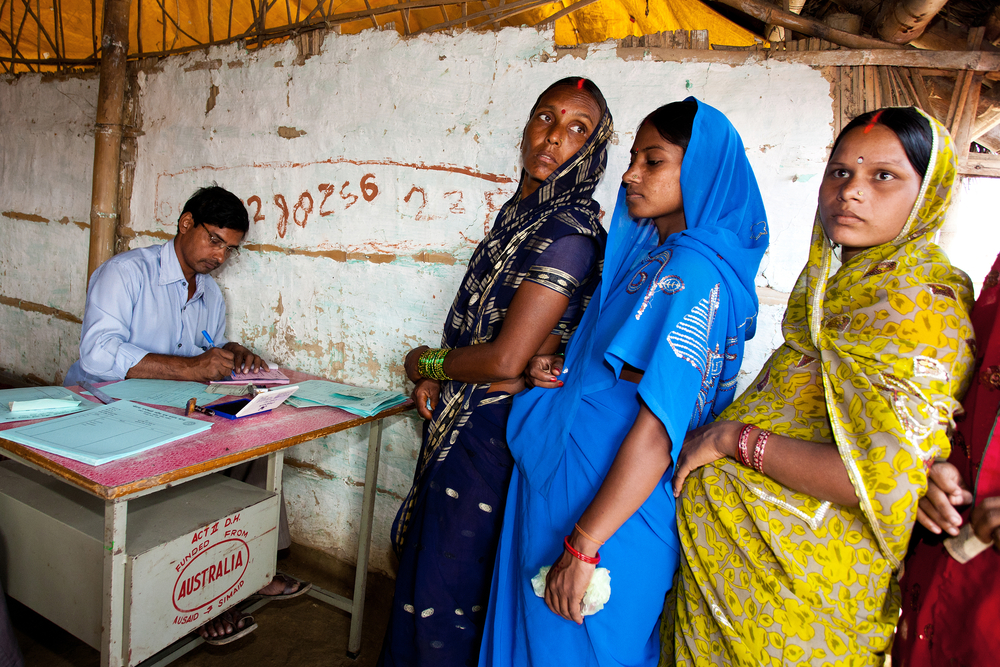A blinkered vision can be fatal. Nowhere is this more evident than in India’s healthcare policies that rarely see prevention of diseases, cure and aftercare as a whole. Take, for instance, the National Policy for Rare Diseases that has just been released for public feedback. It pledges a one-time assistance of Rs 15 lakh to those suffering from rare diseases, conditions that require expensive lifelong treatment in order to be managed. Shockingly, not only does the government admit that it lacks finances to support such patients, but it also asks families to rely on crowdfunding. By officially asking a handful of ailing citizens to fend for themselves, the State is violating the right to life guaranteed by the Constitution. Instead of asking people to rely on uncertain sources for funds, the government should increase the allocation for healthcare in the upcoming budget. At present, less than 2 per cent of the gross domestic product goes into healthcare, of which a significant portion is dedicated to the Ayushman Bharat scheme that is of no use to people with rare diseases, which are usually genetic and, as such, outside the ambit of insurance. Further, a substantial sum must be apportioned to research aimed at finding inexpensive treatments since rare diseases that affect a small number of people do not interest private pharmaceutical companies looking to make profits. In fact, funding research can bring down out-of-pocket expenses — as high as 61 per cent of the total expenditure in spite of the government’s flagship insurance scheme — for healthcare in general.
In spite of the best healthcare policies, it might not be possible to prevent rare genetic diseases. But the same cannot be said of preventable medical complications like sepsis — which takes close to three million lives in India each year according to a study recently published in The Lancet. This speaks volumes about the poor state of India’s beleaguered healthcare institutions where patients are left vulnerable to infections owing to, among other things, unhygienic conditions and hastily conducted procedures by overburdened doctors. Moreover, primary healthcare facilities lack trained professionals who can recognize the early symptoms of sepsis, let alone treat it. Other factors like clean drinking water and sanitation are as important when it comes to preventing diseases ranging from sepsis and anti-microbial resistance to diarrhoea. Unfortunately, these dots are yet to be connected in India’s healthcare policies.










